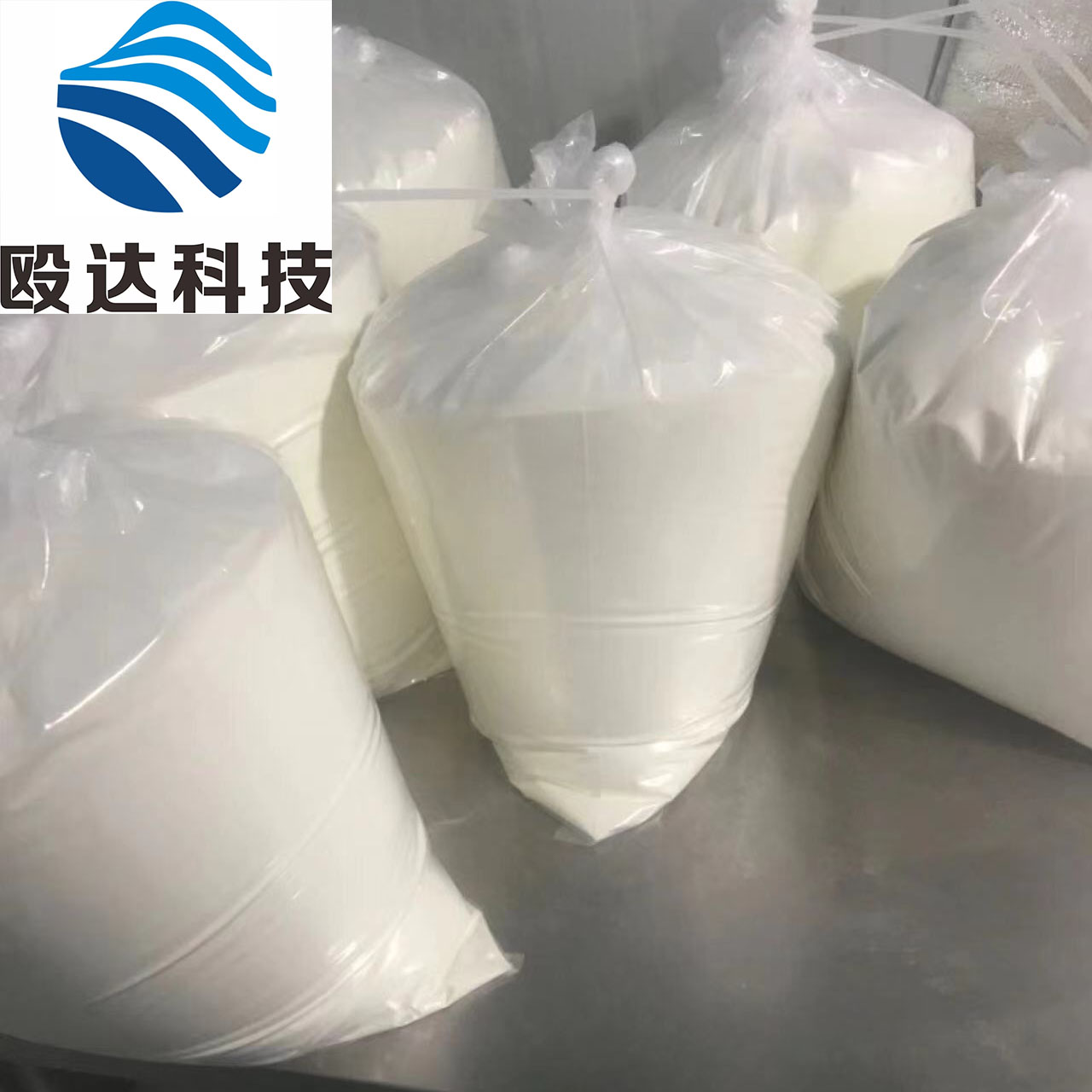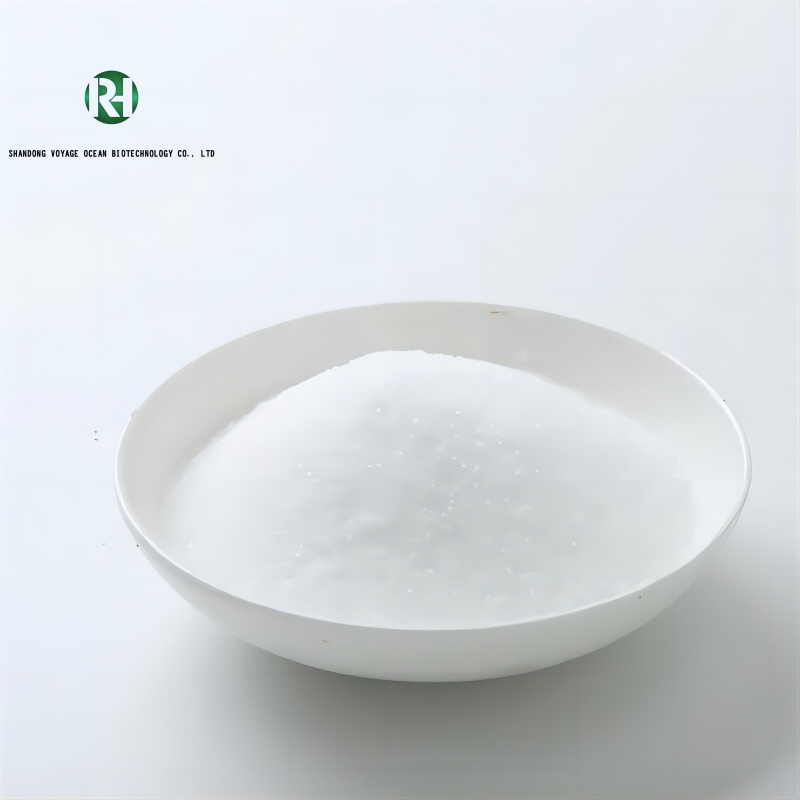-
Categories
-
Pharmaceutical Intermediates
-
Active Pharmaceutical Ingredients
-
Food Additives
- Industrial Coatings
- Agrochemicals
- Dyes and Pigments
- Surfactant
- Flavors and Fragrances
- Chemical Reagents
- Catalyst and Auxiliary
- Natural Products
- Inorganic Chemistry
-
Organic Chemistry
-
Biochemical Engineering
- Analytical Chemistry
- Cosmetic Ingredient
-
Pharmaceutical Intermediates
Promotion
ECHEMI Mall
Wholesale
Weekly Price
Exhibition
News
-
Trade Service
As an important member of the drying equipment, the four-ring lyophilization experimental lyophilizer has a very broad
market prospect due to its excellent work efficiency and drying method, so that its application range.
Lyophilizer has many advantages: low oxygen content when drying at low pressure, can prevent the oxidation and deterioration of dried materials, and can dry flammable and explosive dangerous goods; It can vaporize the moisture in the material at low temperature, and it is easy to dry heat-sensitive materials; Can recover valuable and useful ingredients in dried materials; It can prevent the discharge of toxic and harmful substances in the dried materials, and can become an environmentally friendly type of green drying
.
What factors are related to the service life of the four-ring lyophilization experimental lyophilizer? 1.
The compressor compressor is a kind of driven fluid machinery that promotes low-pressure gases to high-pressure gases, and is the heart
of the lyophilization mechanism cold system.
Its quality is the key
to determining the service life of the lyophilizer.
One minute after the lyophilizer starts, the speed of the compressor motor can reach 6000 rpm, if the compressor manufacturing process is not good, it will cause resonance and the head is
stuck.
2.
Running time Many users think that the performance of the lyophilizer is relatively stable, and the long-term start of operation will not affect its performance and service life
.
However, if the lyophilizer runs non-stop for a long time, the damage to the lyophilizer is very large; The user needs to start and stop the lyophilizer regularly and carry out inspection and maintenance
.
Lyophilizers that operate for 20 hours a day have a longer service life and fewer
lyophilizer equipment failures than those that operate 24 hours a day.
It is important that
the lyophilizer controls the running time and maintains it regularly.
3.
If the internal and external dirt is running for a long time in the production workshop, a large amount of dust and dirt
will accumulate in the parts such as the condenser and the cooling fan.
If it is not cleaned up from time to time, it will lead to a certain impact on the dissipation of air conditioning and heat, consume a lot of electrical energy and time, and seriously lead to the overall performance stability of the lyophilizer to deteriorate
the refrigeration effect.
Therefore, we must regularly clean the dust and keep the lyophilizer in good running condition
.







